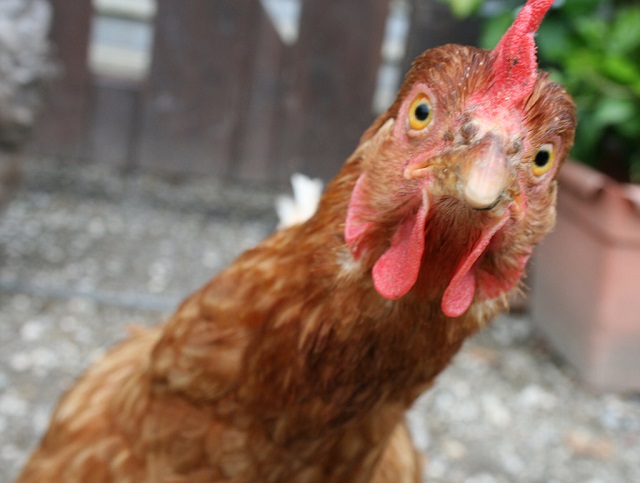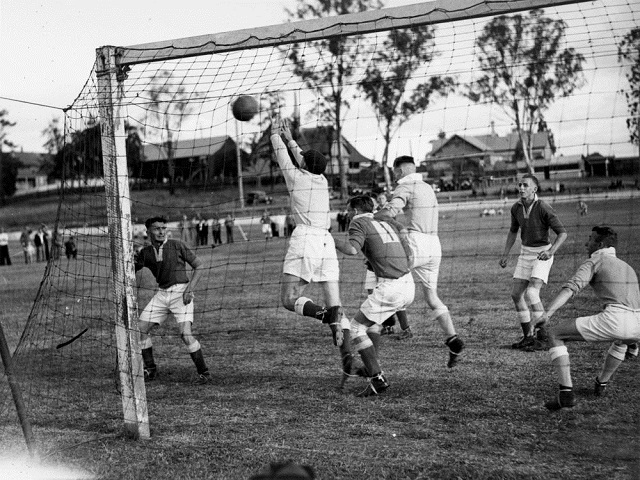Chickens to the Rescue of Humanity?

Stephen Mpofu
BUZZING its terrorist signature tune, the tiny insect tears through the dark, its auditory equipment scanning the bedroom for any snores from victims dead asleep.
Moments later it alights on a feathered victim but scurries away for its life, and collides with a windowpane before finding its way to safety outside.
At another home, dinner and evening prayers over, the family gets ready to retire for the night. The mother of the house goes to the children’s bedroom and is heard moments later saying, “Now what’s this? Who flung the window open, which I had shut earlier, for mosquitoes to swarm in on the children in their sleep?”
“Don’t worry, dear, the kids will be all right”, the father of the house responded with not a hint of worry in his booming voice.
“Ah!” Came the wife’s response, her voice fear-ridden. “When did you become so callous to rejoice over those monstrous creatures feasting on your helpless kids with the bedroom window so wide open and the curtain helpless to prevent the insects coming?”
“Oh, so you haven’t heard the good news, dear?” The man went on, his voice betraying mirth in it.
“No, father, but please tell me all about the good news,” the wife said, with a glint of relief in her big, romantic eyes starring in the broad, smiling bearded face of her husband who proceeded to share the good news with her.
The two incidents narrated above are not true stories, but creative and yet quiet plausible.
To be sure, they dramatise the joy, but at this stage a glimmer of it, ignited by news of scientific research carried out in a certain East African country on the battle against malaria which kills countless numbers of people, particularly children, in Africa each year.
A recent international press report said the researchers had discovered that the odour of chickens dispels mosquitoes.
Which suggests that replication of the research elsewhere and validation of the results might touch off global relief in the battle against mosquitoes, with the new health menace, Zika on the rampage from Brazil having already spread its tentacles to the United States of America and to as far as Singapore on the other side of the globe.
Summertime in Zimbabwe witnesses the malaria-spreading mosquitoes, the anopheles, on the rampage and wrecking havoc in human lives, with the drug coartem commonly being used to fight the disease, according to a private surgery in Bulawayo which said earlier this week that it had run out of the drug.
A city pharmacy said it cost $6 for a full course of coartem to treat malaria.
But if that amount is added to a consultation fee of around $6 a child or around $15 for a sick adult at a clinic or hospital, not to mention much more at a private surgery, the cost becomes out of reach especially for the very poor in rural areas where mosquitoes are more prevalent and particularly now with the economy in deep doldrums.
The Minister of Health and Child Care, Dr David Parirenyatwa, could not comment on the reported research findings on chickens and mosquitoes.
He and a physician at a private surgery in Bulawayo said they had both not heard of the research which the press report said had brought much excitement to the scientist involved in the study.
Zika appears to have whipped up fears similar to those which Islamic state terrorists are spreading around the globe, with United States Democratic presidential candidate Mrs Hilary Clinton saying that if she became president she would set up an emergency fund totaling billions of dollars to spend in the fight against the Zika virus that has spread to her country, thanks to tourists from the South American country that first reported the outbreak of the disease which causes children to be born with small heads and small brains.
The possibility of a world-wide upsurge in the spread of Zika cannot be wished off with some of the athletes who attended the recent Olympic games in Brazil most likely to have been bitten by mosquitoes carrying the dangerous virus or to have come into physical contact with humans or objects contaminated with Zika. It might sound embarrassing to the athletes returning from the games to their family or friends, but this pen believes as a health precaution participants in the Olympics should be medically examined for the benefit of their own health and that of their own nation above all else.
Precaution should of necessity take precedence over any social or other, considerations in the interests of good health for all around the globe.
Meanwhile, this pen cannot help but conjure up the kinds of measures people are likely to take to protect their families should the research done on chickens and mosquitoes prove efficacious beyond any doubt.
You (yes, you) are likely to see families in areas prone to malaria turning their bedrooms into virtual chicken runs to protect their families from mosquito bites.
Or better still some families might confine chickens in coops secured to beds or windows overnight to ward off the monstrous, malaria agents for the safety of all in the home.
Or will scientists harvest the odour for spraying in homes instead?
Will the reported research finally prove a breakthrough in the relentless search for a fatal blow to the solar plexus of the anopheles, or will it evaporate, like a summer night’s dream? That is the question that remains on the lips of many as people wait for the results of the scientific research to be immortalised in cold print as immutable truth.










Comments